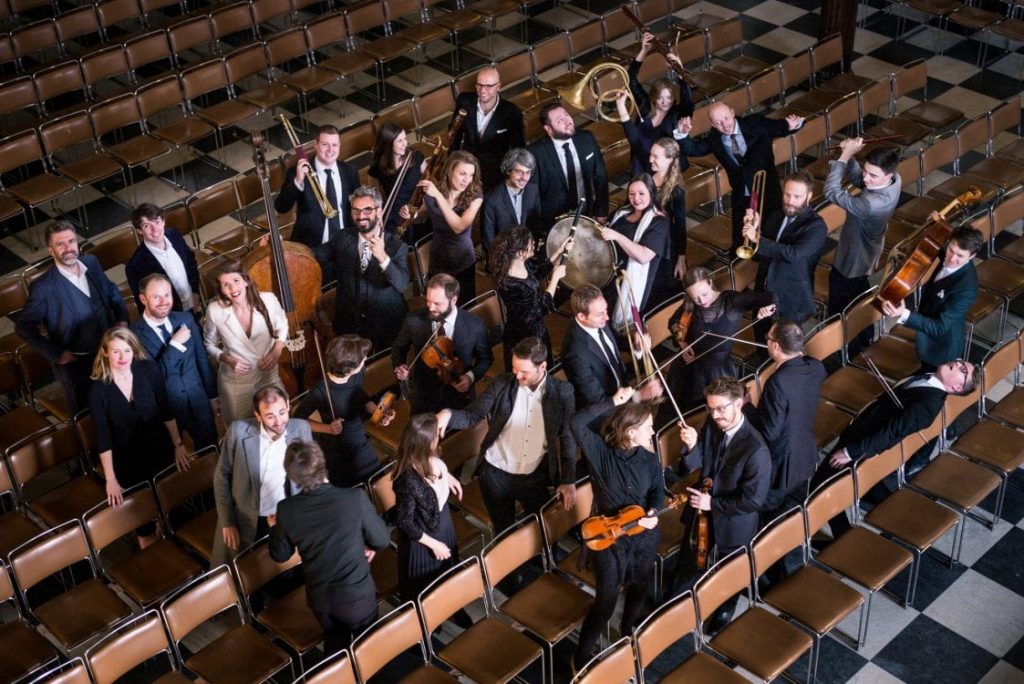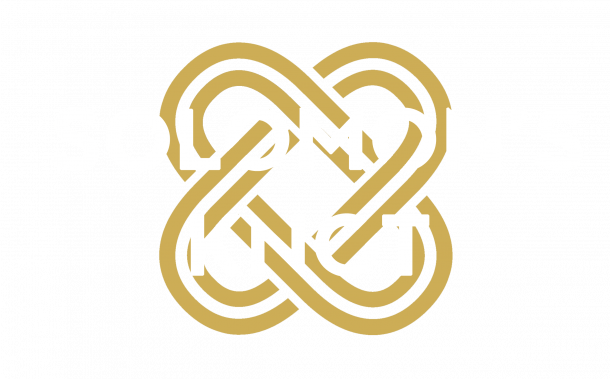
Solomon’s Knot is “one of the UK’s most innovative and imaginative ensembles” (The Observer). We are an international, flexible collective of leading instrumentalists and singers who bring old music to new life by pushing the limits of what is possible on stage.
With no conductor, we sing everything from memory, integrating innovative live performance with scrupulous musical preparation to produce an intense and visceral experience for our audience. The group’s acclaimed sound is defined by tight, compact instrumental playing coupled with the vocal virtuosity of soloists who meld as an intuitive ensemble.
Performing regularly throughout the UK & Europe, Solomon’s Knot is the long-term Baroque Ensemble in Residence at Wigmore Hall and we have appeared at the BBC Proms, Snape Maltings, Halle Handel Festival, Bachfest Leipzig, Thüringer Bachwochen, Bach Academie Brugge and Tage Alter Musik Regensburg.
Collaboration is at the heart of our group’s ethos, working with stage directors, visual artists, ensembles, composers and choreographers to challenge and learn from what they do. These have included Tim Carroll, Federay Holmes, John La Bouchardière, Sven Werner, Mira Calix, Spira mirabilis and Les Passions de l’Ame.
In 2019 we released our debut CD with Sony Classical, Magnificat, featuring festive music by Schelle, Kuhnau and JS Bach; our production of L’ospedale – a baroque opera of unknown origin – is available on DVD, and our latest recording of Bach Motets was released in 2023.
2023 also marks the 15th anniversary of Solomon’s Knot, which we marked by presenting JS Bach’s Matthäus-Passion across Europe & UK. Future plans include Strozzi’s First Book of Madrigals, the start of our BACH300 series marking JS Bach’s appointment in Leipzig, and a tour of Handel’s Esther.


